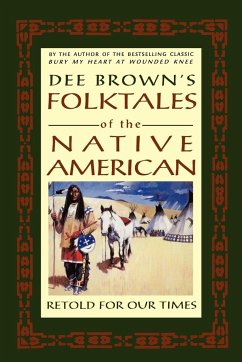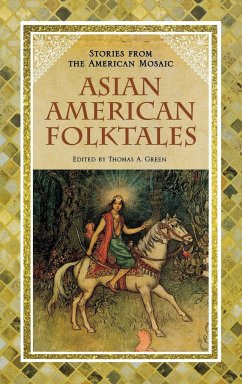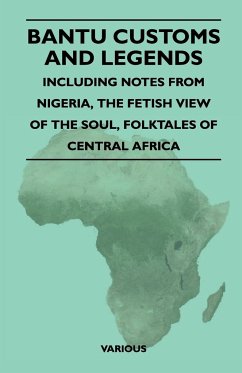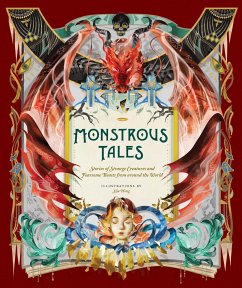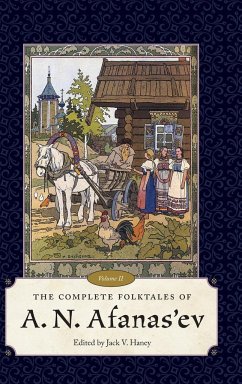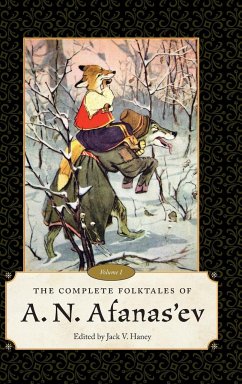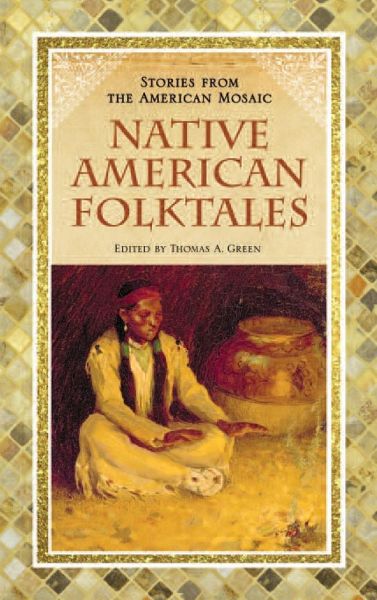
Native American Folktales
Versandkostenfrei!
Versandfertig in 1-2 Wochen
57,99 €
inkl. MwSt.

PAYBACK Punkte
29 °P sammeln!
Folktales are at the heart of Native American culture. Prepared especially for students and general readers, this book conveniently collects 31 of the most important Native American folktales. These are drawn from the major Native American cultural and geographical areas and are organized in sections on origins; heroes, heroines, villains, and fools; society and conflict; and the supernatural. The tales reflect the environment, cultural adaptations, and prevailing concerns of the areas from which they are taken. Each tale begins with a brief introductory headnote, and the book closes with a se...
Folktales are at the heart of Native American culture. Prepared especially for students and general readers, this book conveniently collects 31 of the most important Native American folktales. These are drawn from the major Native American cultural and geographical areas and are organized in sections on origins; heroes, heroines, villains, and fools; society and conflict; and the supernatural. The tales reflect the environment, cultural adaptations, and prevailing concerns of the areas from which they are taken. Each tale begins with a brief introductory headnote, and the book closes with a selected bibliography. Students in social studies classes will welcome this book as a window on Native American culture, while students in literature courses will value its exploration of Native American oral traditions. Prepared especially for students and general readers, this book conveniently collects and comments on 31 of the most important Native American folktales. These are drawn from the major Native American cultural and geographical areas and reflect the environment, cultural adaptations, and prevailing concerns of the regions from which they are taken.



